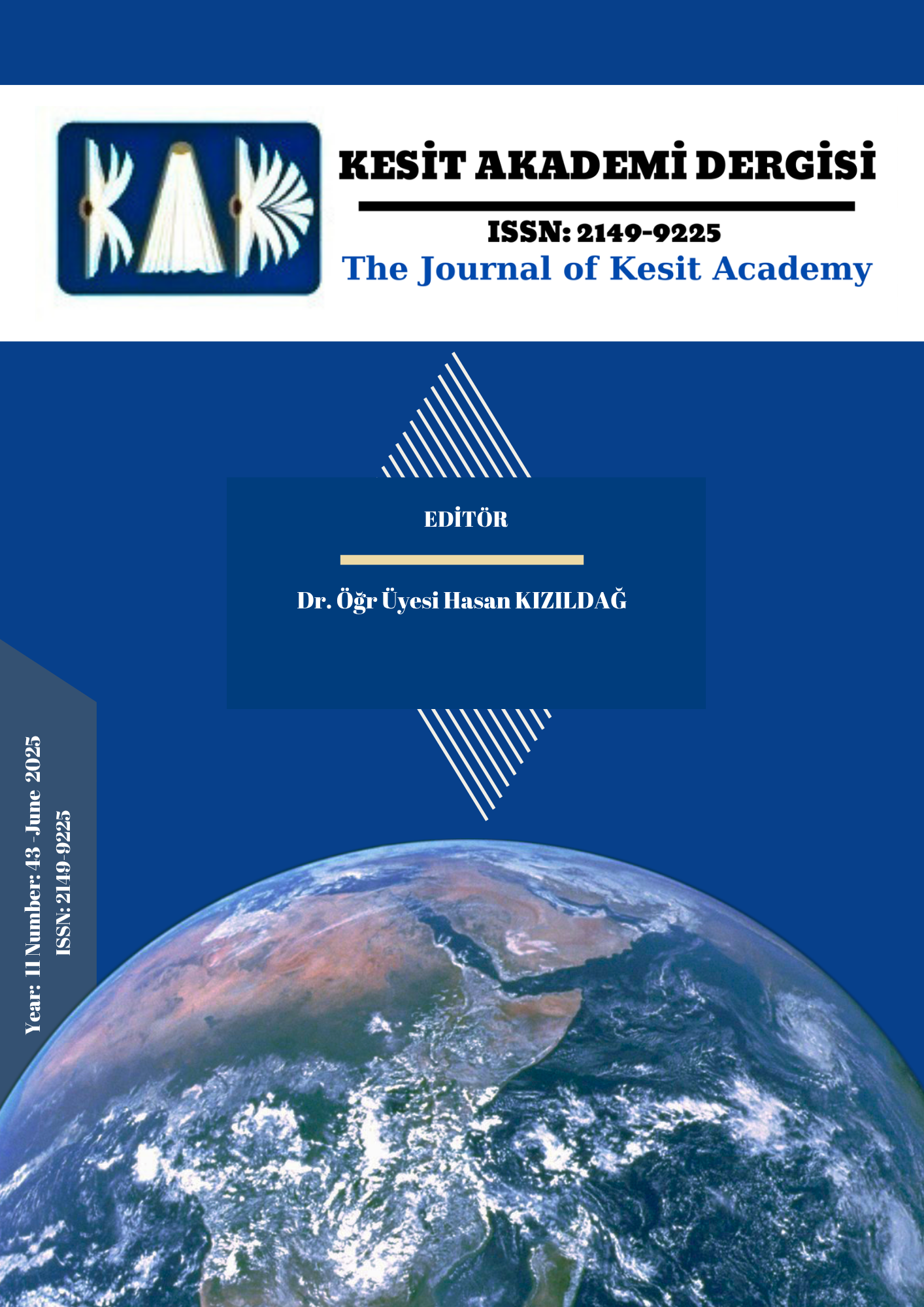Askeri Ceza Kanunu’nun Yaptırım Teorisine İlişkin Hükümlerinin Türk Ceza Kanunu İle Karşılaştırmalı Olarak İncelenmesi
Author :
Abstract
: Askeri Ceza Kanunu (AsCK), askerlik mesleğinin düzenini ve disiplinini korumak amacıyla özel olarak düzenlenmiş bir kanundur. Asker kişilerin görevlerini yerine getirirken askerlik mesleğine özgü suç ve cezaları tanımlamayı hedefler. Ancak AsCK’nın tamamen bağımsız bir yapıya sahip olduğunu söylemek mümkün değildir. Türk Ceza Kanunu (TCK), genel hükümleriyle AsCK’yı da kapsayan bir temel yasal çerçeve sunar. TCK’nın suçun unsurları, taksir, kusur ve ceza infazına ilişkin hükümleri AsCK’da açıkça düzenlenmeyen durumlarda uygulanır.
Bununla birlikte, AsCK ve TCK arasında uyum sorunları da bulunmaktadır. Özellikle, TCK’da cezanın bireyselleştirilmesi ve insan onuruna uygun infaz ilkeleri öne çıkarken, AsCK’da askerlik mesleğinin gerektirdiği disiplin ve hızlı karar alma önceliklidir. Bu durum, yaptırımların belirlenmesi ve infazı sırasında farklı yaklaşımlar doğurur. Örneğin, TCK’daki seçenek yaptırımlar (adli para cezası gibi) bazı askeri suçlar için uygulanamamaktadır.
AsCK’da tanımlanan bazı suçlar (itaatsizlik gibi) ve disiplin cezalarının belirlenmesi, TCK’nın adalet prensipleriyle zaman zaman çelişmektedir. Bu nedenle, AsCK hükümlerinin TCK ile daha uyumlu hale getirilmesi, ceza hukukunun genel prensiplerine uygunluk açısından önemlidir.
Keywords
Abstract
The Military Criminal Code (AsCK) is a law specifically designed to protect the order and discipline of the military profession. It aims to define offences and punishments specific to the military profession while military personnel are performing their duties. However, it is not possible to say that the ASCK has a completely independent structure. The Turkish Penal Code (TCK) provides a basic legal framework that also covers the AsCK with its general provisions. The TCK's provisions on the elements of the offence, negligence, fault and the execution of sentences apply in cases not explicitly regulated in the AsCK.
However, there are also problems of harmonisation between the ASCK and the TPC. In particular, while the TCK emphasises the principles of individualisation of punishment and execution in accordance with human dignity, the AsCK prioritises the discipline required by the military profession and rapid decision-making. This situation leads to different approaches in the determination and execution of sanctions. For example, alternative sanctions (such as judicial fine) in the Turkish Penal Code cannot be applied for some military offences.
Some offences (such as insubordination) and the determination of disciplinary penalties defined in the ASCK sometimes contradict the principles of justice of the Turkish Penal Code. Therefore, it is important to harmonise the provisions of the AsCK with the Turkish Penal Code in order to comply with the general principles of criminal law.system, general regulations, special law, general law .





